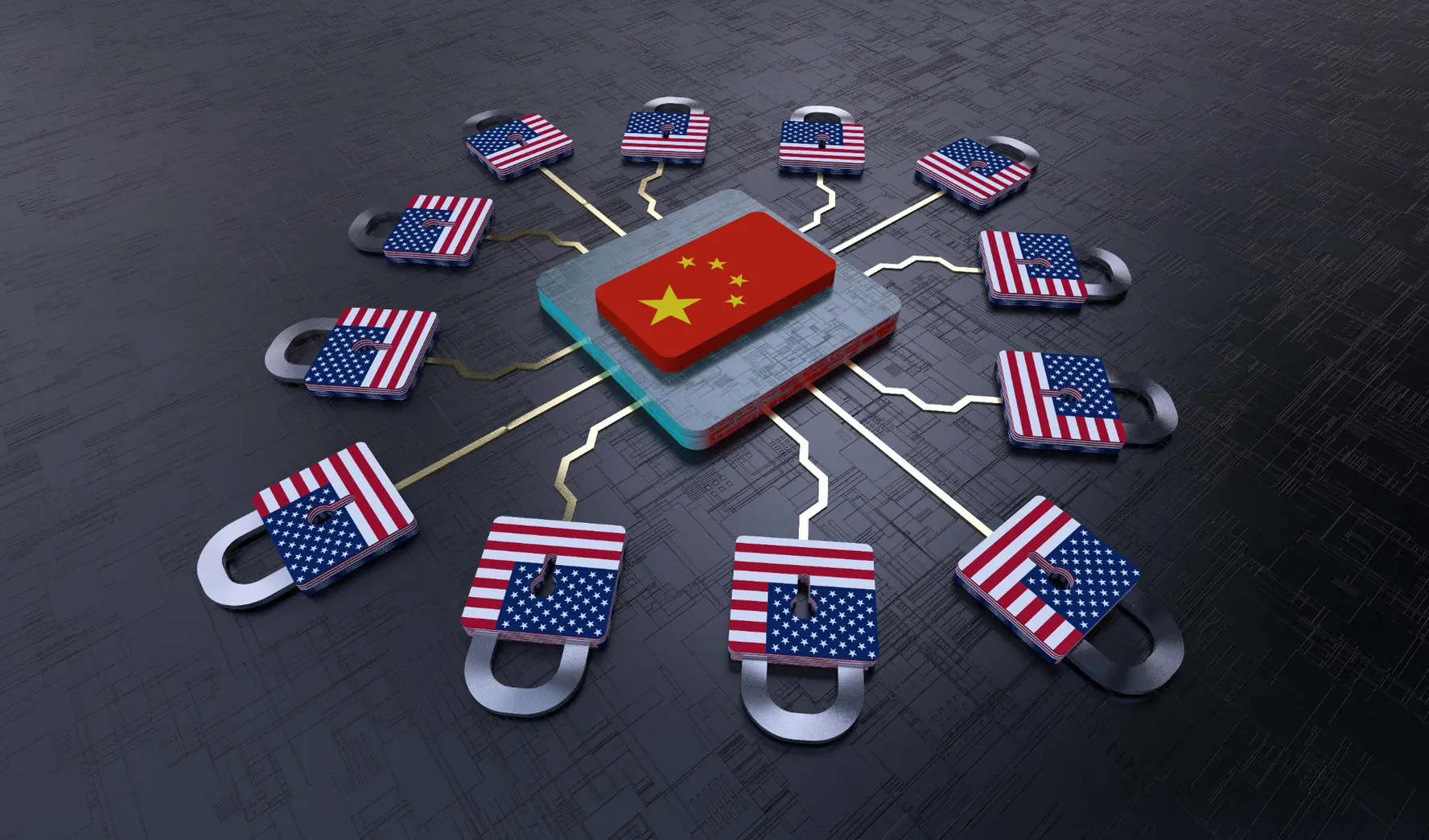
作者/Author(s): Janet Egan and Lennart Heim
網站來源/Source: RAND Corporation
日期/Date: 08/15/2025
關鍵字/Keywords: 科技、AI、晶片、中國
摘要:
輝達(Nvidia)將對中國銷售 H20 晶片營收的 15% 上繳美國國庫。雖然這會為美國帶來額外收入,但卻削弱了美國在半導體供應鏈中的槓桿作用。與其積極增加收入,不如考慮把 AI 晶片出租給中國,既能創造收益,又能維持美國在 AI 競賽中的長期領先地位。
- 輝達向中國銷售 H20 晶片的決定曾多次引發爭議:持續出口可帶來收益,並讓中國依賴美國晶片;若切斷供應,則可能加速中國自研 AI 技術的腳步,反而縮小美國領先幅度。最佳的折衷方案可能是透過雲端遠端存取技術,出租運算能力給中國,能同時兼顧收益與依賴程度。
- 美國一旦賣出晶片,就很難再掌握晶片的最終用途。但是若改為出租運算能力,不僅能保有晶片實體,視客戶需求出售算力,也能創造收入,監控雲端空間的使用情形。
- 雲端服務需要嚴格的「認識你的客戶」(KYC)措施,可以輕鬆追蹤運算能力的最終用途,防止中國軍事實體使用美國雲端服務。
- 不過,無論出售晶片或出租雲端,都無法阻止中國推進半導體自主供應的腳步。此外,北京限制H20 晶片進口,也是在為國產晶片製造足夠需求。
- 總之,向中國出租 AI 雲端運算資源,讓美國能持續掌控使用情況、獲得穩定收入來源,並保持戰略靈活性,進而在美中 AI 競賽與戰略競爭中維持槓桿優勢。因此,美國應採取出租而非直接銷售人工智慧晶片的策略。
Summary:
Nvidia will pay 15% of its revenue generated from selling H20 chips to China to the US coffers. Although this arrangement allowed the US to generate additional revenues, it undermined US leverage in the semiconductor supply chain. Instead of focusing on revenues, leasing its AI chips to China could help the US to generate income while maintaining a permanent lead in the AI race.
- Nvidia's sales of H20 chips to China are always controversial: Continued sales of AI chips to China could generate income while keeping China dependent on the US chip exports. Denying China access will likely accelerate its pursuit of indigenous AI technology and consequently reduce the US lead in the AI race. However, a middle ground - renting China with remote cloud access - provides the benefits from both approaches.
- When the US sold its chips, their end uses are unknown. Renting computing power allows US companies to possess physical chips while selling computational power on demand. This measure could generate revenue while controlling and monitoring the use of the cloud space.
- A stringent know-your-customer is necessary for cloud services. Therefore, it makes it easier to track the end use of computational power and prevent Chinese military entities from using US cloud services.
- However, neither chip sales nor cloud renting will stop China's semiconductor independence initiatives. Furthermore, Beijing imposes restrictions on Nvidia's H20 imports to create a sufficient demand for indigenous chip production.
- Renting AI cloud space to China enables the US to maintain control over its use, generate a continuous stream of income, and preserve strategic flexibility, thereby affording the US leverage in the AI race and strategic competition with China. Therefore, instead of selling AI chips directly, the US should rent them out.
